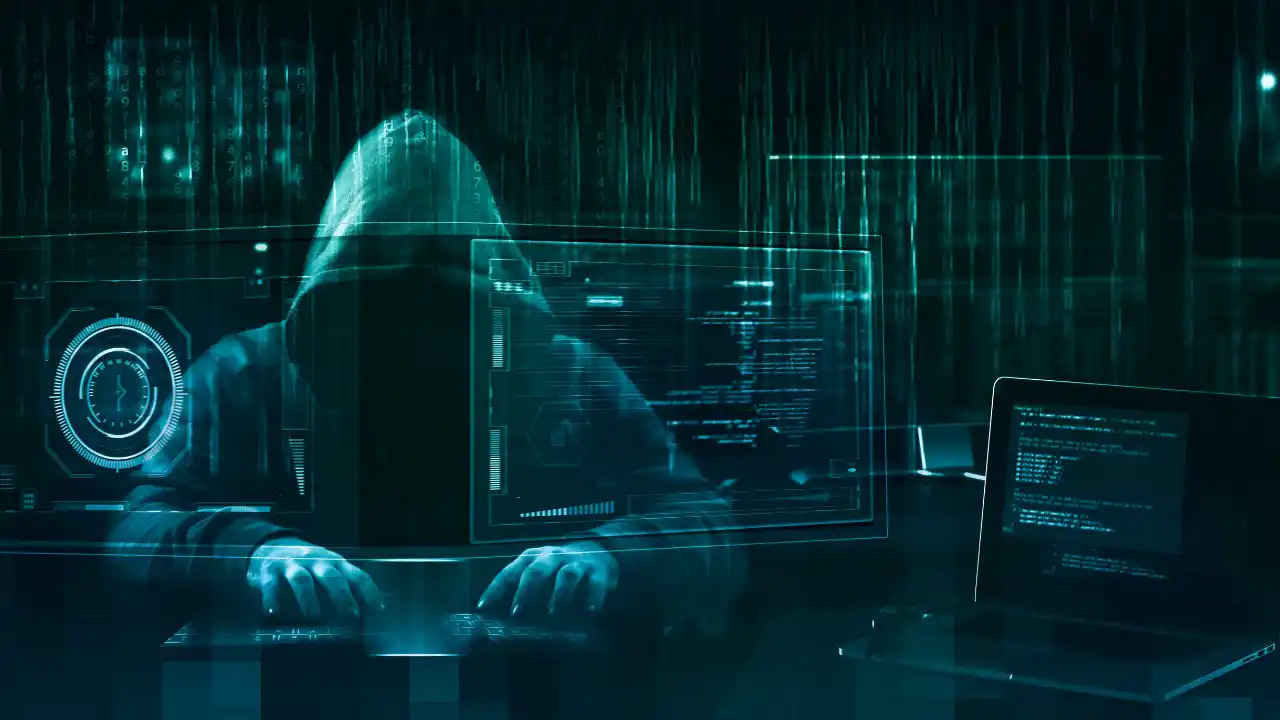Alert! New ‘ClickFix’ malware tricks users with fake error fixes for Chrome & OneDrive

In the ever-evolving landscape of cybersecurity threats, hackers continually come up with new and sophisticated methods to deceive unsuspecting users.
The latest scheme, involving a malware named ClickFix, highlights just how sneaky they can be.
The scheme involves providing users with fake solutions to common errors in services like Chrome, OneDrive, and Microsoft.
In the ever-evolving landscape of cybersecurity threats, hackers continually come up with new and sophisticated methods to deceive users. The latest scheme, involving a malware named ClickFix, highlights just how sneaky they can be. By preying on users’ desire for quick solutions to common issues in widely-used services like Chrome, OneDrive, and Microsoft, these cybercriminals have crafted a trap that’s as enticing as it is dangerous.
Users seeking to resolve everyday errors are lured into clicking a seemingly harmless Copy fix button, only to unwittingly execute a malicious PowerShell or Windows Run dialogue that compromises their systems.
Also read: Fired employee hacks into company’s system: Here’s what happened next

According to cybersecurity firm Proofpoint, this method installs a “root certificate” to clear the DNS cache, delete clipboard contents, display a fake message, and then installs an extra remote PowerShell script, reports DigitalTrends.
This script checks for virtual machines (VMs) before installing the information-stealing malware. Several hacker groups, reportedly including those behind ClearFake, employ this method.
Also read: New Phishing Scam is here! Targeting Facebook Business accounts

The script conducts multiple checks to ensure your computer meets certain criteria before proceeding to download additional payloads. But the threats don’t stop there; users must also be cautious of an email-based attack that utilises HTML attachments designed to resemble Word documents. These attachments prompt users to install a “Word Online” extension to view the file, posing further risks.

As alarming or scary as this may seem, there are practical steps you can take to safeguard yourself against such deceptive attacks. One important precaution is to ensure you have reliable antivirus software installed. Always be careful when downloading attachments, even from sources you trust. Never copy and paste code unless you fully understand its purpose.
By implementing these measures and staying updated on emerging threats, you can significantly reduce the risk of falling victim to malicious schemes.
Ayushi Jain
Tech news writer by day, BGMI player by night. Combining my passion for tech and gaming to bring you the latest in both worlds. View Full Profile




